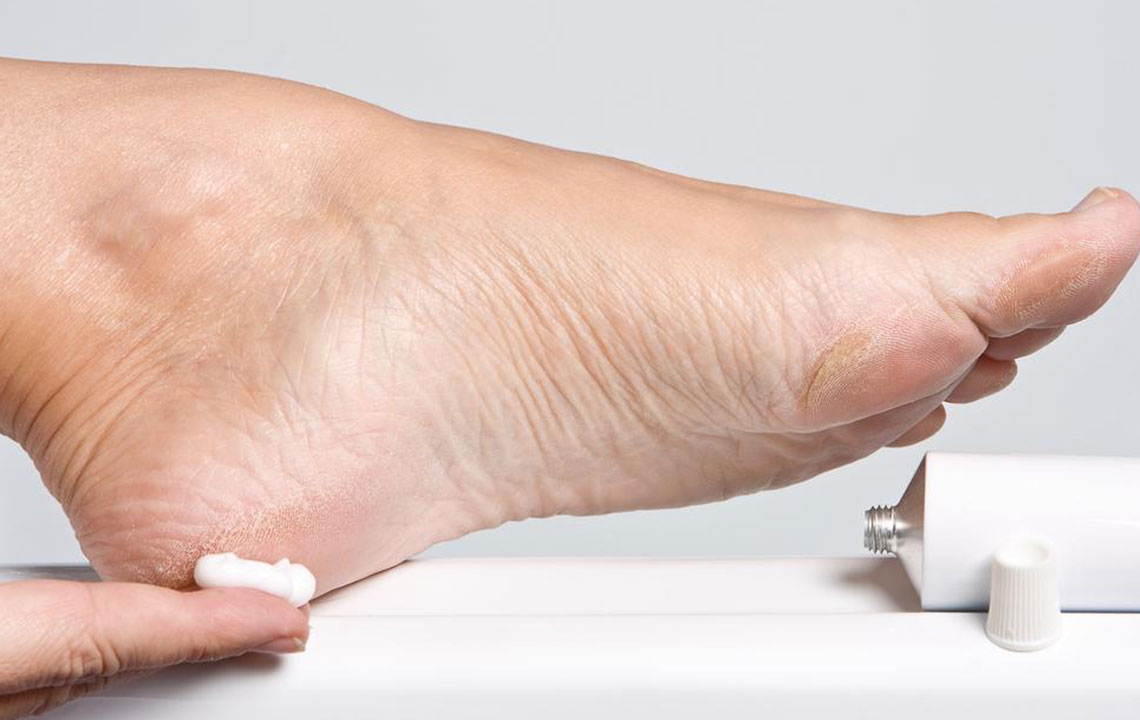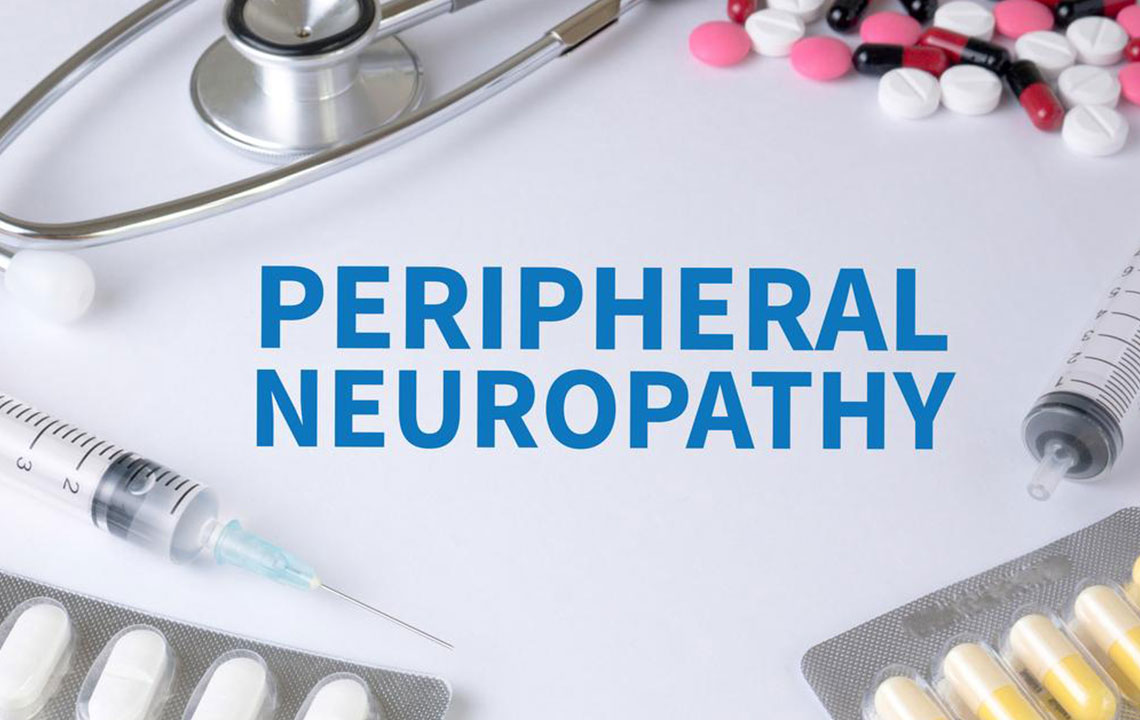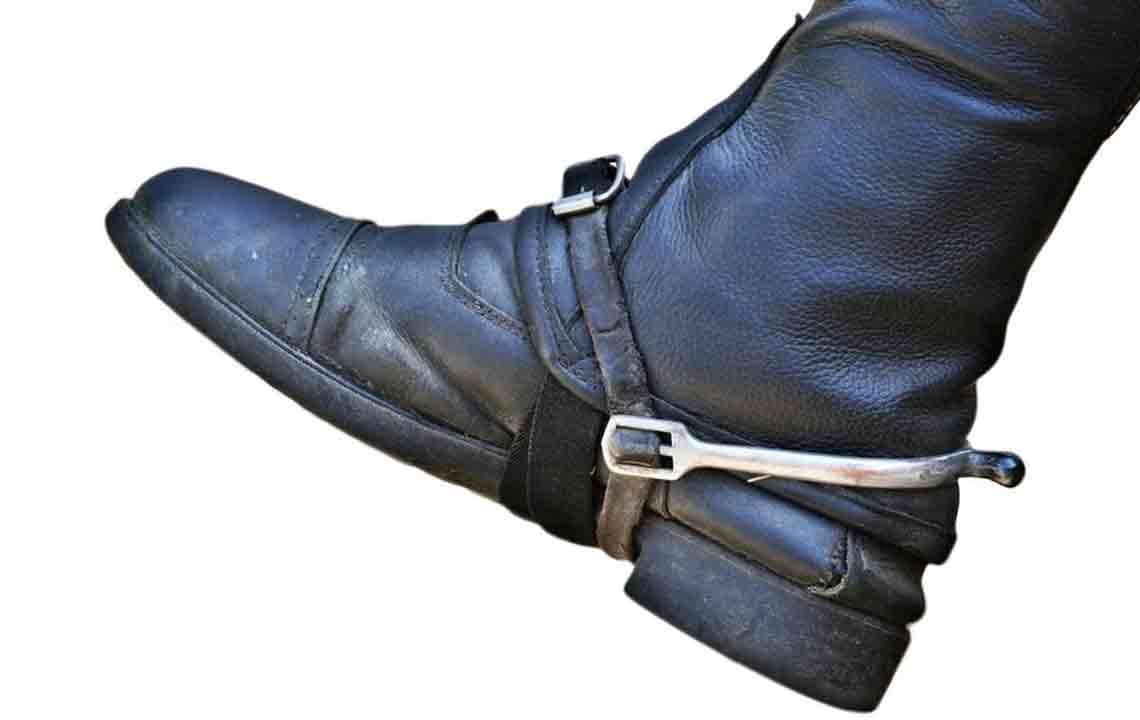Comprehensive Guide to Alleviating Foot Nerve Pain and Enhancing Foot Health
This comprehensive guide explores effective methods to relieve foot nerve pain, including physical therapy, acupuncture, lifestyle modifications, and home remedies. Proper management can improve mobility, reduce discomfort, and prevent complications related to nerve damage, especially for diabetics. Early intervention and personalized treatment plans are key to maintaining foot health and enhancing overall well-being.

Comprehensive Strategies to Alleviate Foot Nerve Pain and Improve Foot Well-being
Foot nerve discomfort is a prevalent problem that affects a significant portion of the population, especially among individuals managing chronic conditions such as diabetes. This type of nerve pain can be quite debilitating, characterized by sensations such as tingling, burning, stabbing, or prickling feelings in the feet. Such symptoms are often indicative of nerve damage, known as peripheral neuropathy, which disrupts normal nerve signaling. When nerves are damaged, they can send abnormal signals, leading to persistent and sometimes severe pain that hampers daily activities.
Foot nerve neuropathy can also diminish sensation, making individuals less aware of injuries or infections, which can lead to serious complications if not addressed timely. Though treating nerve pain in the feet can be complex, adopting a comprehensive approach incorporating various therapies and lifestyle modifications can help manage and significantly reduce discomfort. Early intervention is crucial, as untreated nerve damage can worsen over time, leading to reduced mobility, balance issues, and increased risk of foot ulcers or infections.
If you experience persistent nerve-related pain or discomfort in your feet, the first step should be consulting a healthcare professional specializing in foot health, such as a podiatrist or neurologist. Proper diagnosis is essential for identifying the underlying cause of the nerve pain, which could stem from conditions like diabetes, vitamin deficiencies, infections, or trauma. Once diagnosed, a tailored treatment plan can be developed, often combining prescribed medications with alternative and complementary therapies. Below are some of the most effective strategies to alleviate foot nerve discomfort and promote healthier nerve function.
Physical Therapy and Targeted Exercises
Engaging in physical therapy under professional guidance can play a vital role in managing nerve pain. Specific exercises can help strengthen muscles, improve circulation, and reduce pressure on nerves. Physical therapists can design individualized routines aimed at alleviating symptoms and restoring mobility, especially for patients with nerve injuries or diabetic neuropathy.
Professional guidance enhances recovery outcomes.
Acupuncture
An ancient Chinese healing modality, acupuncture involves inserting fine needles into specific points on the body to stimulate nerve pathways and release endorphins. This technique may help in reducing pain intensity and improving nerve function. While research results vary, many individuals report relief from nerve discomfort after acupuncture treatments. It is considered a complementary therapy and works best when integrated with conventional medical approaches.
Warm Foot Soaks
Soaking your feet in warm water can significantly alleviate discomfort by improving circulation and relaxing tense muscles. To maximize benefits and prevent burns, ensure the water temperature is comfortably warm but not hot. Incorporating Epsom salts can also help reduce swelling and promote healing. Regular warm foot baths, especially before bedtime, can become a soothing ritual that eases nerve pain and enhances overall foot health.
Limiting Alcohol Consumption
Excessive alcohol intake is known to exacerbate nerve damage and interfere with nerve regeneration processes. Alcohol can also impede the effectiveness of certain medications used to treat neuropathy. Moderation is key—generally, it's advised not to consume more than four drinks per week. Better yet, abstaining entirely can provide the best chance for reducing inflammation and supporting nerve healing.
Meditation and Stress Management Techniques
Chronic stress can intensify nerve pain and hinder recovery. Practices such as meditation, deep breathing exercises, guided imagery, and mindfulness can help reduce stress levels, promote relaxation, and potentially lessen the perception of pain. Consulting mental health professionals or yoga instructors for guidance can optimize these practices for pain management.
Regular Physical Activity and Maintaining a Healthy Weight
Engaging in consistent exercise—such as walking, swimming, or low-impact aerobics—can improve blood circulation, strengthen muscles, and support nerve health. Maintaining a healthy weight reduces pressure on the nerves in the feet and legs, thereby decreasing the likelihood and severity of neuropathic pain. An active lifestyle also boosts mood and overall well-being, which can indirectly contribute to pain relief.
Cold Therapy (Cold Compresses)
Applying cold packs to swollen, inflamed, or painful areas can quickly diminish inflammation and numb nerve signals, providing immediate relief. Use cold compresses or ice packs for 15-20 minutes at a time, several times daily, ensuring you wrap the pack in a cloth to prevent frostbite. Cold therapy is especially effective in managing acute episodes of nerve pain or after activities that cause inflammation.
It is essential to monitor symptoms and consult healthcare providers if symptoms persist or worsen despite implementing these strategies. Severe or chronic nerve pain may require more advanced interventions, including medication adjustments, nerve blocks, or surgical procedures. In some cases, physical or occupational therapy modalities such as electrical nerve stimulation (TENS) therapy might be recommended. Collaboration with nerve specialists, pain management experts, or endocrinologists ensures a comprehensive approach to treatment.
In summary, managing foot nerve pain involves a combination of medical treatment, lifestyle changes, and alternative therapies. Early and consistent intervention not only alleviates discomfort but also prevents further nerve deterioration and complications. By adopting these effective strategies, individuals can restore mobility, improve quality of life, and maintain better foot health over time.





